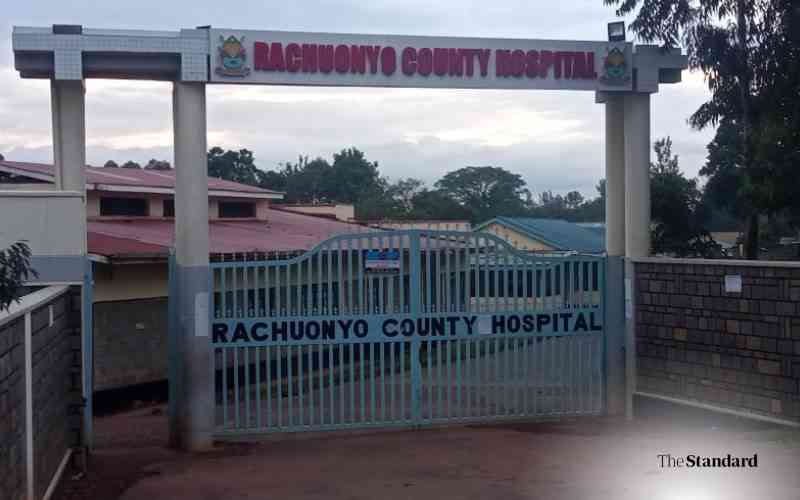Steenhuisen unpacks department's foot-and-mouth disease interventions
The Minister of Agriculture, John Steenhuisen, has undertaken to answer several questions which have been raised about the occurrence of foot-and-mouth disease (FMD) in KwaZulu-Natal and Gauteng.
The Ministry of Agriculture has received media enquiries about meat safety and interventions from the department to contain existing outbreaks and prevent future outbreaks.
FMD is a highly contagious viral infection that impacts cloven-hoofed animals and it can affect some other species.
In recent months, outbreaks have occurred in five of the nine provinces in South Africa, with KwaZulu-Natal experiencing the most significant impact.
“We would like to put the facts on the table and ask all citizens to make it their business to obtain knowledge about how to mitigate the spread of this disease. After all, biosecurity is everyone's responsibility,” Steenhuisen emphasised.
All infected properties are placed under quarantine; no movement is allowed into, out of, or through these areas or farms.
Large areas, where individuals cannot be served with quarantine notices, are declared Disease Management Areas, and the same restrictions apply.
They are further vaccinated and marked as vaccinated (with an ‘F Brand’ on the neck).
The department has ordered 901 200 doses of vaccines at a value of over R70 million. This means that over 900 000 animals will be vaccinated in all areas that the department has prioritised.
Limpopo and Mpumalanga will also be conducting their routine vaccinations, which are conducted three times a year. Some of the vaccines will go to Gauteng and KwaZulu-Natal.
Multiple teams will vaccinate areas simultaneously and will not start at a specific place.
Vaccination will start as soon as the vaccines are received and cleared.
It is anticipated that the department will take receipt of the vaccines late this week and will then start vaccinating in the following week.
There is no concern for shortages; despite some feedlots being affected, there are several feedlots that are slaughtering that are not affected.
Secondly, FMD does not kill animals, so there is not going to be mass mortalities which will result in fewer animals and therefore a shortage of meat.
FMD does not affect people, it only affects cloven-hoofed animals, so consumers do not have to be concerned.
The Red Meat Industry Services (RMIS) will activate a centralised operational centre at its headquarters on Monday, 9 June 2025.
The centre will be led by a designated RMIS veterinarian and will oversee a team of 13 veterinary professionals, along with a specialist public relations and public affairs agency, forming the FMD Working Group.
The FMD Working Group will be mandated to develop and implement a structured, time-bound response to the outbreak, with medium-to long-term goals, including a focus on vaccination among other key areas. –











